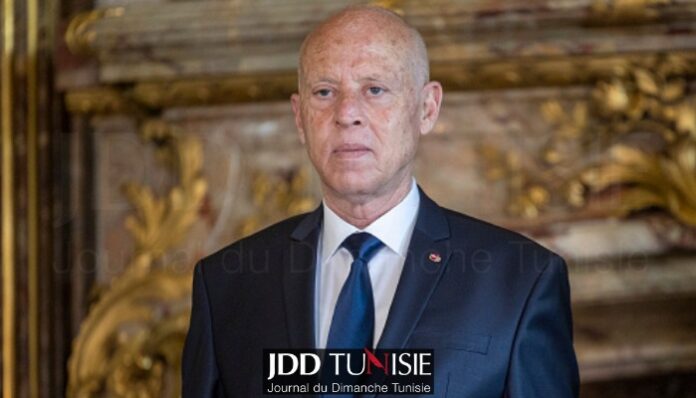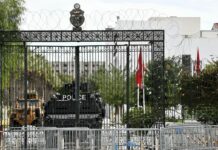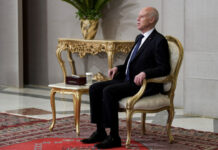Tunisia has been living since July 25 on the impact of the exceptional measures set to a month, but the President of the Republic, Kais Saied, decided to extend these measures until “further notice.”
About eight weeks have passed now without a clear road map or work program that reveals the date of the appointment of the new government and the fate of the suspended parliament.
This exceptional case was classified by some as a political crisis, and some defined it as the long-awaited solution, so the readings differed in an attempt to understand the new political scene, but the question that everyone is asking is “Where is Tunisia going?”
The Exceptional Case Continues!
The head of state had stressed the importance of “forming a government,” explaining that “a government could have been formed since July 26, but the issue is not a government issue, but a government policy issue.”
Saied added during a meeting with legal and constitutional experts on September 14, “It is easy to form a government and go back as we were before July 25, but the issue is the policy that it will follow,” stressing that he “is not a proponent of coup and chaos.”
In this context, the Director of the Public Law Department at the Faculty of Law and Political Sciences in Tunis, Sghair Zakraoui, confirmed, “Tunisia is now in an exceptional situation, and this case is governed by special rules and principles, and when necessary, the President of the Republic is freed by his activation of Article 80 from several constitutional and legal constraints. In addition, the people support Saied’s decisions, and in front of the people’s will, the constitution is worth nothing.”
Zakraoui explained that “the state of necessity has no law governing it, and necessities allow prohibitions, that is, it is possible to work without a parliament or a constitutional court in this exceptional circumstance, noting that the old system is not reformable from within, because the system presented corruption, money smuggling and the collapse of the state. Talking about the return of parliament’s work has become a demagogic talk.”
What are Kais Saied’s next steps?
Our interviewer said that President Saied should publish the temporary organization of the authorities, on the basis of which the formation of the government will take place to deal with urgent economic issues.
The professor of public law presented the steps that the president of the republic should announce: appointing a new government, setting a time limit for the various steps, and then specifying the content of the next steps, either by suspending the constitution or submitting amendments to it.
Legal Outlet
In previous statements, the President of the Republic alluded to the possibility of amending the constitution, saying: “I respect the constitution, but amendments can be made to its texts… Constitutions are not eternal.”
The Director of the Public Law Department at the Faculty of Law explained that after preparing these amendments by a committee of experts open to civil society, national parties, organizations and legal personalities, they are submitted to a referendum.
Regarding the legal problem regarding holding a popular referendum in Tunisia without the presence of Parliament to consider it, Zakraoui explained that in the absence of a constitutional court, the decision rests with the President of the Republic to control the procedures.
For his part, Adel Brinsi, member of the Independent High Commission for Elections, confirmed in a previous statement to “JDD Tunisia” that the commission’s council had not discussed any scenario related to a referendum or premature legislative elections.
Brinsi indicated that the commission is always ready for all possibilities, if it is decided to go to a popular referendum or legislative elections, it will, as hoped, secure the entire course, as he put it.











